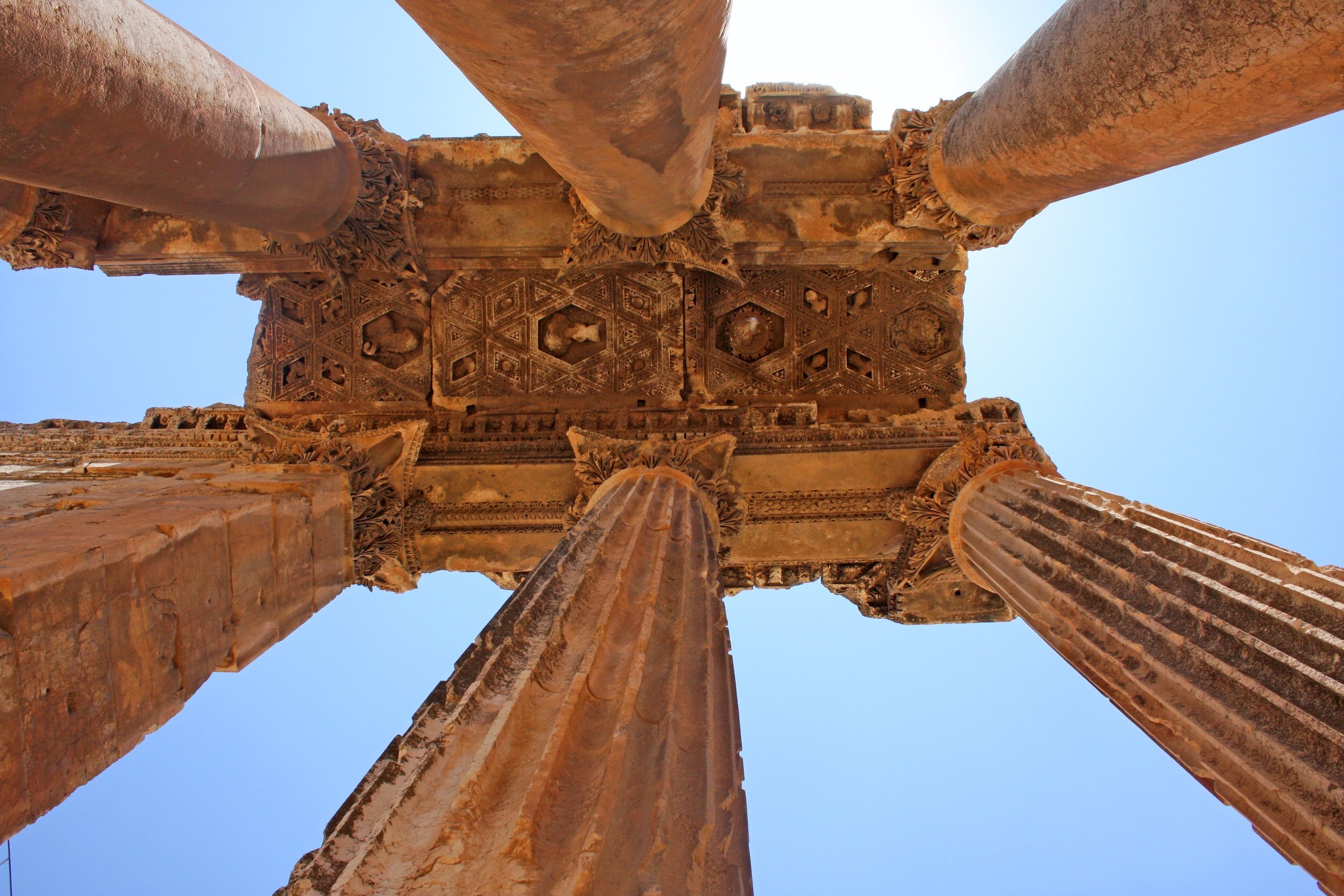
mobilizing Arab youth for nature and climate
مهمتنا تفعيل الشباب في غرب آسيا من أجل الطبيعة والمناخ
the ajyal project
A climate justice project aimed at capturing the perspectives/understandings of West Asian youth on climate justice in the region. This is the 1st-ever regional gathering and drafting of youth-led climate justice principles!
Need more context on climate justice? We’ve got you!
The following is an information brief highlighting the history of climate justice, its state in West Asia, and what you can do about it.
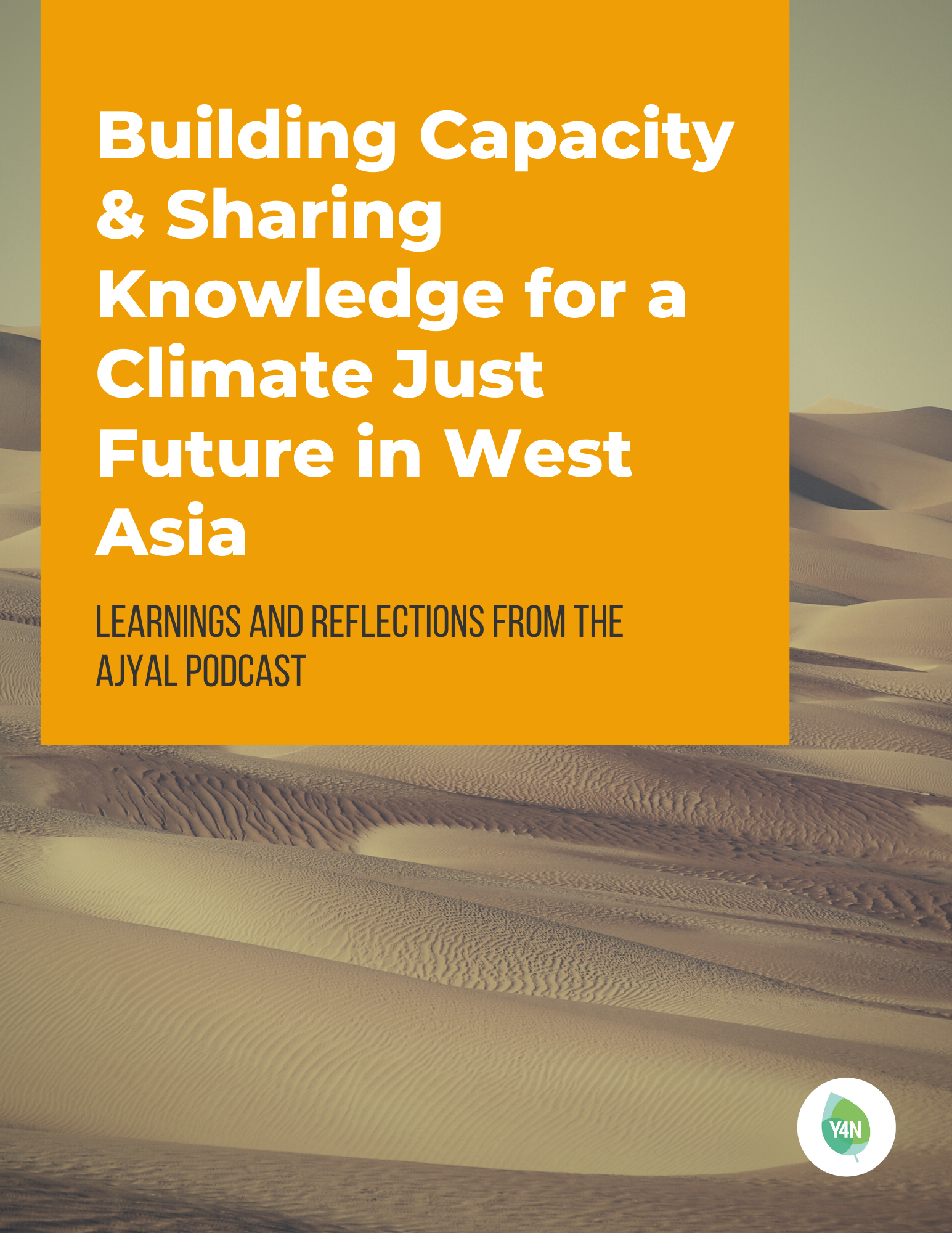
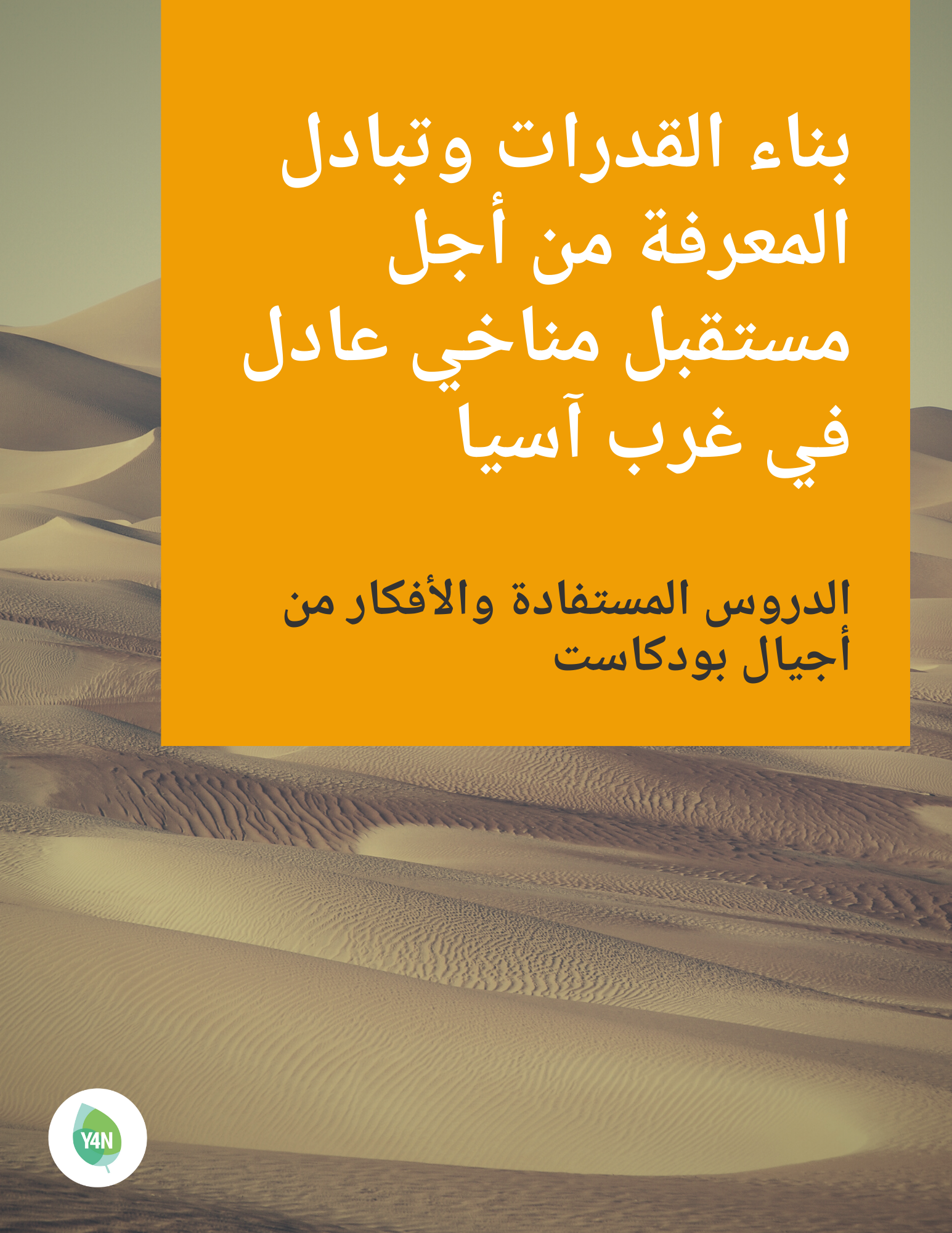
Project Objectives:
Can there be a clear distinction between what is climate just or not? Is it more of a gradient than being binary?
What are West Asians' priorities when it comes to taking action for climate justice?
What are the barriers preventing or holding West Asians back from taking meaningful action?
What kind of support do they need to call for climate justice?
glimpses of our side events at COP26!
Stories from West Asia!
Have you ever imagined growing food from waste? We did it! We were capable of turning waste into potential material for sustainable agriculture while empowering the local rural community to mitigate and adapt to climate change effects, preserving the local natural resources, and protecting the environment despite all the challenges our country is facing.
This is my narration of the chronicle of the region where I come from, the Afrin. Afrin was a peaceful city in northern Syria that turned from a sustainable city into a war zone. The olive tree was the centre of our livelihoods, our traditional Kurdish practices, and our ecosystems. Peace was kept until 2018 when Afrin was invaded. After the invasion, not only a deep humanitarian crisis arose but also an environmental one.
For many years, Saudi Arabia's natural landscape has been suffering from desertification, which is causing an increased incidence of sandstorms, a decrease in the number of species, and most importantly, a major cause of climate change. All these problems have one simple solution in common, stop cutting trees. The government and individuals both are contributing to stopping the desertification and increasing the vegetation but is it enough?
New beginning is a project aimed at promoting and maintaining Social youth Development. What the project mainly stands for and hopes to eventually succeed in achieving is creating a new concept of living and coexistence amongst various categories in the society. That is, the project seeks to create a concept of recycling ranging from food to include job opportunities and the re-use of surplus materials around us to create a continuous, healthy and developing society. The project is meant to target a specific geographical area as well as specific categories of individuals.
تفاصيل القصة تحكي بداياتي منذو الطفولة في بلادي اليمن وكيف بدات حياتي في منطقة زراعية لعيده عن المدينة والخدمات الاساسية التس لاتتوفر من قبل الدولة وكيف . كانت تاثر التغيرات لمناخية على طبيعية العمل الزراعي التي كنت امارسة لرفقة اسرتي الصغيرة .
ومن ثم المرحلة التحولية التي من خلالها . حملت على عانقي العمل من اجل الحفاظ على البيئة .وتوعية الشباب اليمني بالمخاطر والتحديات البيئية والمناخي التي تهدد اليمن بصورة كبيرة في ضل تغافل السلطات المحلية والعالم .
We live on a blue planet, with oceans and seas covering more than 70 per cent of the Earth’s surface. Oceans feed us, regulate our climate, and generate most of the oxygen we breathe. Oceans are facing threats as a result of human activity. Every year, an estimated 8 million tons of plastic waste end up in the world’s oceans. Let's HEAL THE ENVIRONMENT & LOVE THE PLANET.
The Ajyal Podcast
بالنسبة للمناطق الصحراوية الشاسعة في غرب آسيا، فإن تخضير الصحراء هو الإجراء الأكثر شيوعًا لمكافحة أزمة المناخ، وخفض درجات الحرارة المحلية، وتحسين سبل العيش. على الرغم من أن هذا يمثل فرص من نواح كثيرة، إلا أن هناك أيضًا العديد من المخاوف بشأن زراعة الأشجار أحادية النوع وعلاقتها بالحلول المستندة على الطبيعة. ناقشت ضيفتنا أمل عنبر وريان في هذه الحلقة:
لماذا الصحارى موجودة -
معايير تخضير الصحراء لتتناسب مع NbS -
مخاوف الاستدامة من تخضير الصحراء -
النسبة للمناطق الصحراوية الشاسعة في غرب آسيا، فإن تخضير الصحراء هو الإجراء الأكثر شيوعًا لمكافحة أزمة المناخ، وخفض درجات الحرارة المحلية، وتحسين سبل العيش. على الرغم من أن هذا يمثل فرص من نواح كثيرة، إلا أن هناك أيضًا العديد من المخاوف بشأن زراعة الأشجار أحادية النوع وعلاقتها بالحلول المستندة على الطبيعة. ناقشت ضيفتنا أمل عنبر وريان في هذه الحلقة:
لماذا الصحارى موجودة -
معايير تخضير الصحراء لتتناسب مع NbS -
مخاوف الاستدامة من تخضير الصحراء -
The Palestinian struggle is at the center of all colonization projects and climate injustices happening in West Asia. Colonization forcefully removes land rights from Indigenous communities, deprives them from natural resources, and destroys Indigenous biodiversity and cultural connection with nature, all while purposefully polluting and harming nature and the climate. Listen to our third and final episode of this series of #TheAjyalPodcast to hear youth perspectives on the intersection of Palestinian rights and climate action.
Have you ever considered the difficulty and challenges that youth face in West Asia to push for climate justice? Tune in and hear what our youth guests Ala and Lama have to say about militarization and climate movements in Syria and Yemen. Learn more about this episode here!
West Asia blogs
“What a joy to share with you our fourth issue, and receive once again your attention and feedback. We hope that your contribution and engagement can plug us into the power of change even further.”
Reflections from North America, Latin America & Caribbean (Abya Yala), lessons on composting, highlights of our volunteer team at #Y4N, and more in this issue of PolleNectar. Dive in!
While climate finance has been increasing annually on a global level, the distribution of funds remains dominated by sectoral projects (Energy, transport, agriculture, etc.) in MENA. Annual global climate finance is still falling short for what is needed to remain under the 1.5 degrees celsius scenario. Climate finance flows from intermediaries to sectors using financial instruments for different uses. The purpose of this blog is to discuss the end point of climate finance. There is a need for diversifying the beneficiaries of climate finance on a global and regional level. Technological innovations dominate global financial support whereas social change and investing in nature fall behind.
New Release! Are you looking for stories about solutions, collaboration, and leadership for climate and for nature? Look no further! 'PolleNectar', our brand new #Y4NStorytelling Magazine, is officially out! The first volume, #YourStoryOurFuture, aligns with Y4N's ongoing Storytelling Campaign of the same name. We hope you enjoy this first release! Let us know what you think in the comments and on social media!
The West Asia team at Y4N has pre-expressed its concerns and statements regarding the UNFCCC COP26 summit next week in Glasgow. Read to find out our positioning regarding the Arab group and the UNFCCC process.
Looking for collaborations or have any questions?
Send an email to Rayan Kassem, West Asia Regional Director at Rayan@youth4nature.org
““Although Y4N solely cannot dismantle the complexities hindering climate action in West Asia, this does not mean that change is not possible” ”

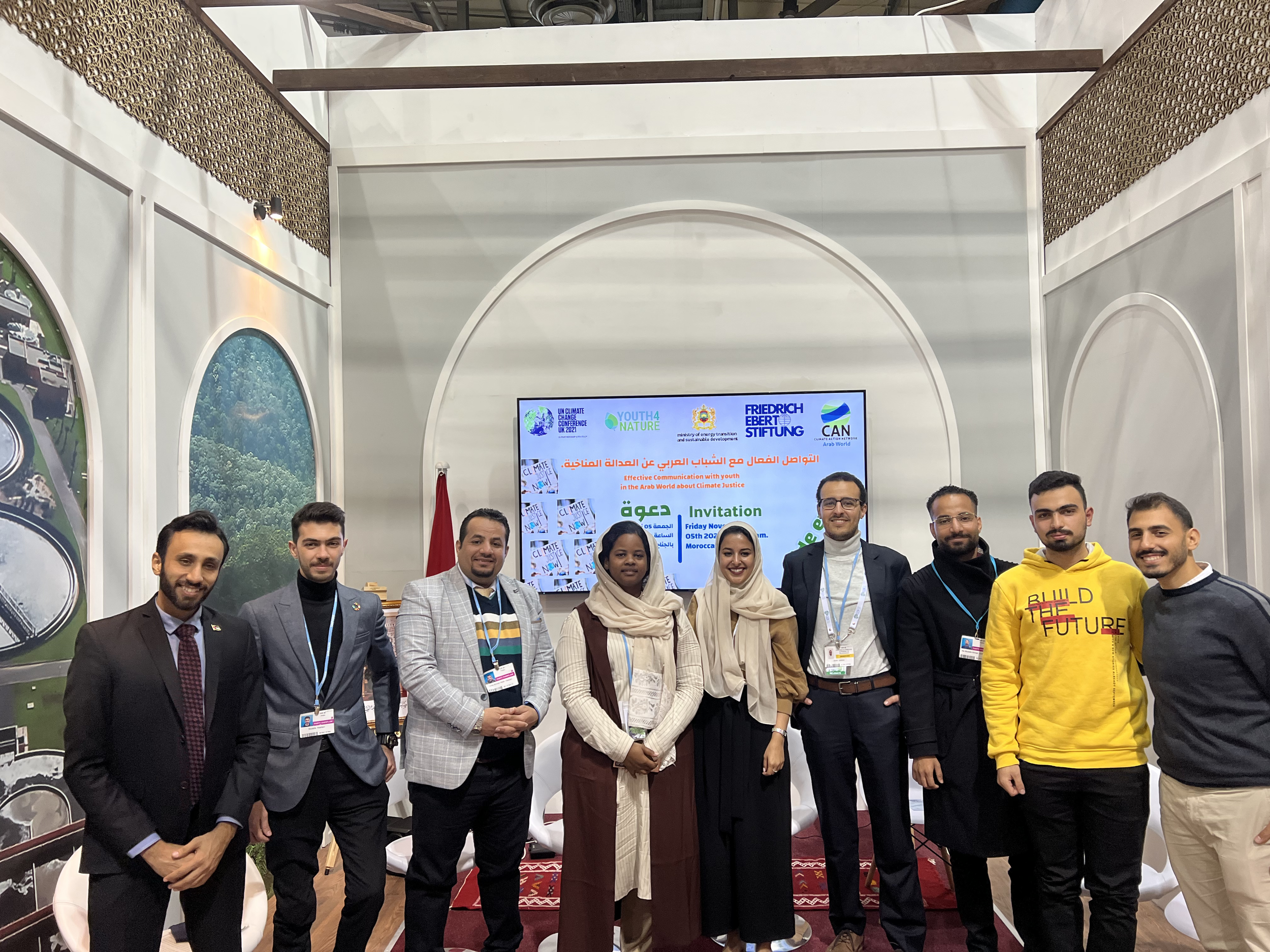

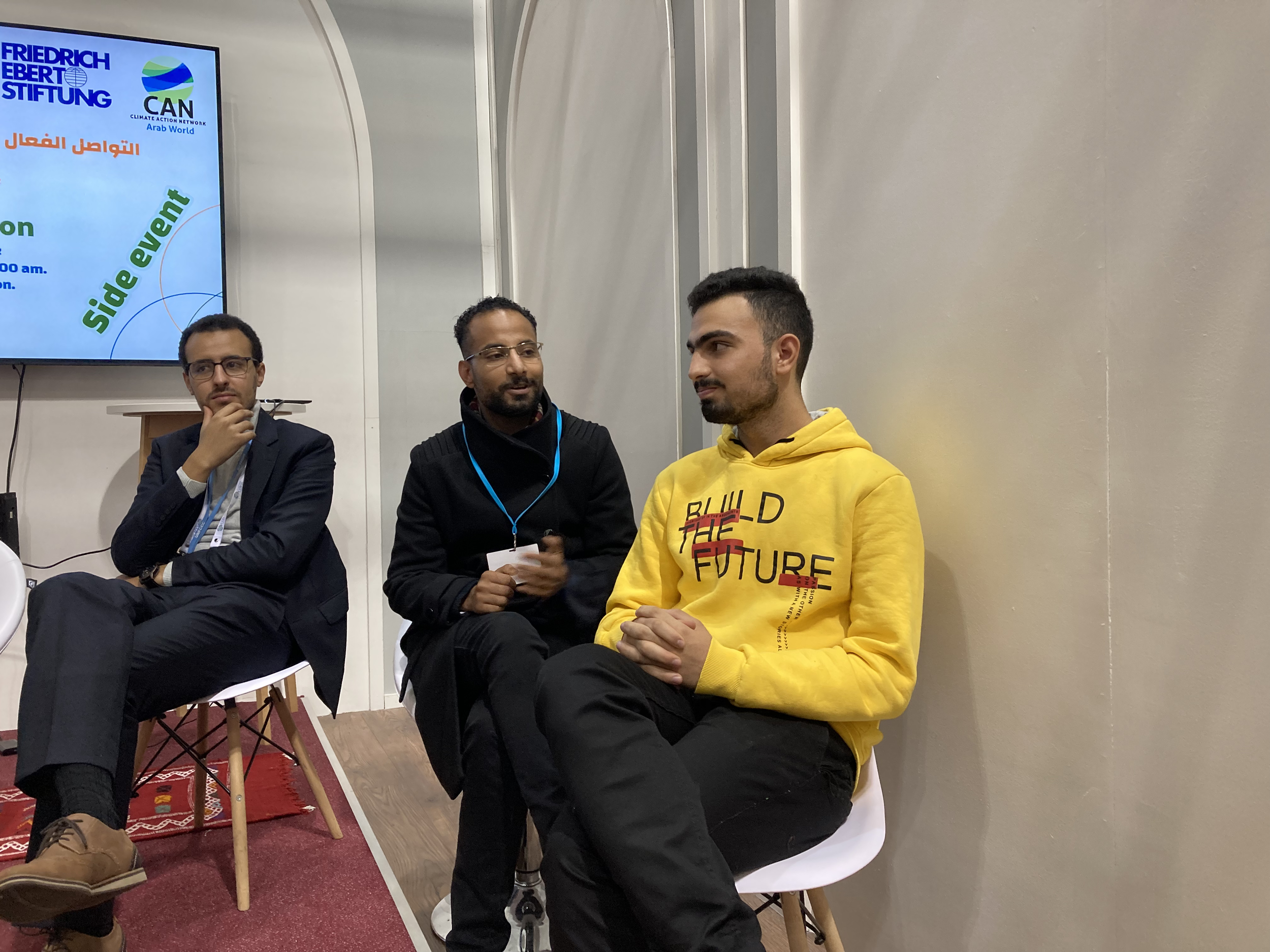
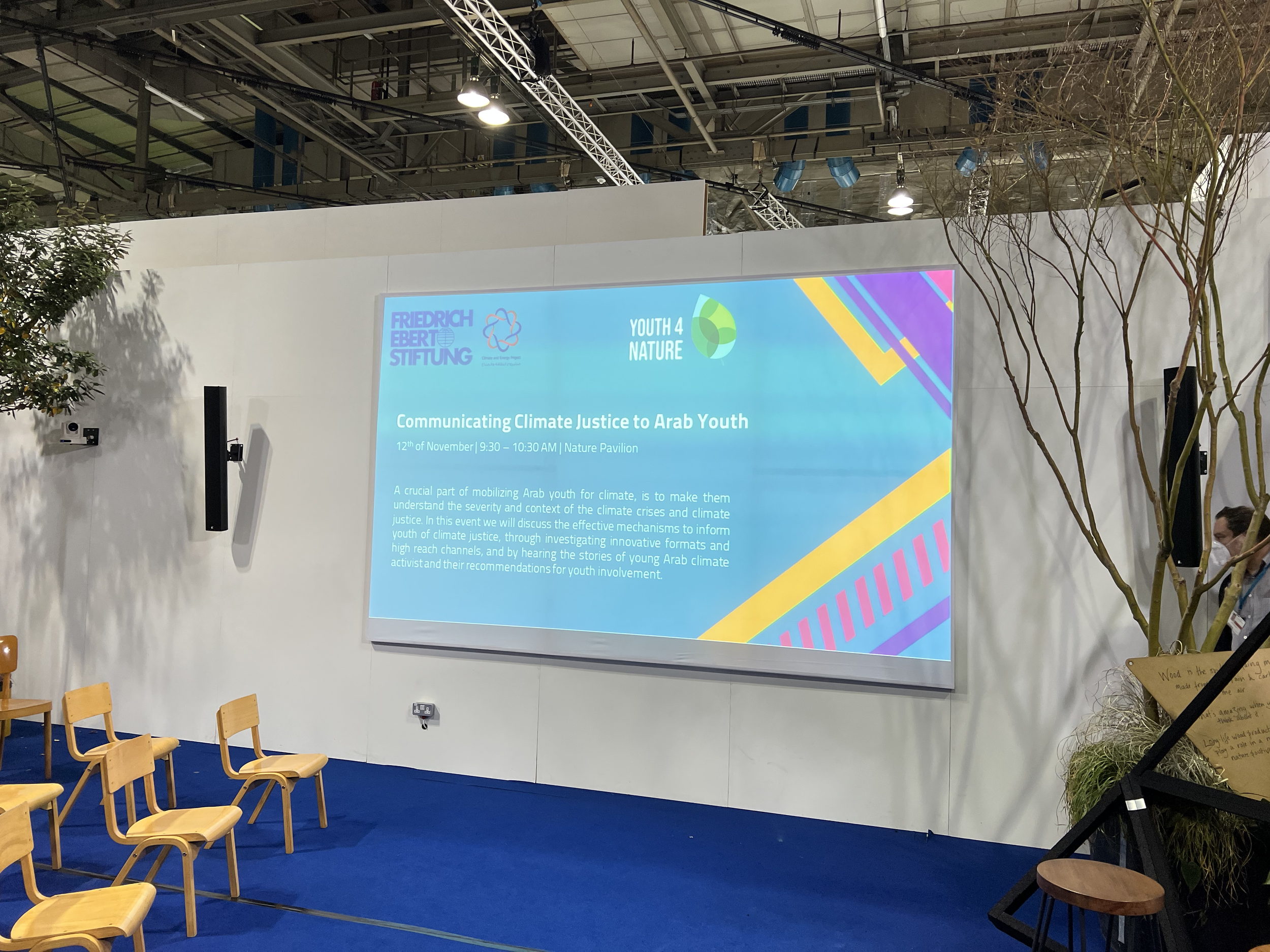
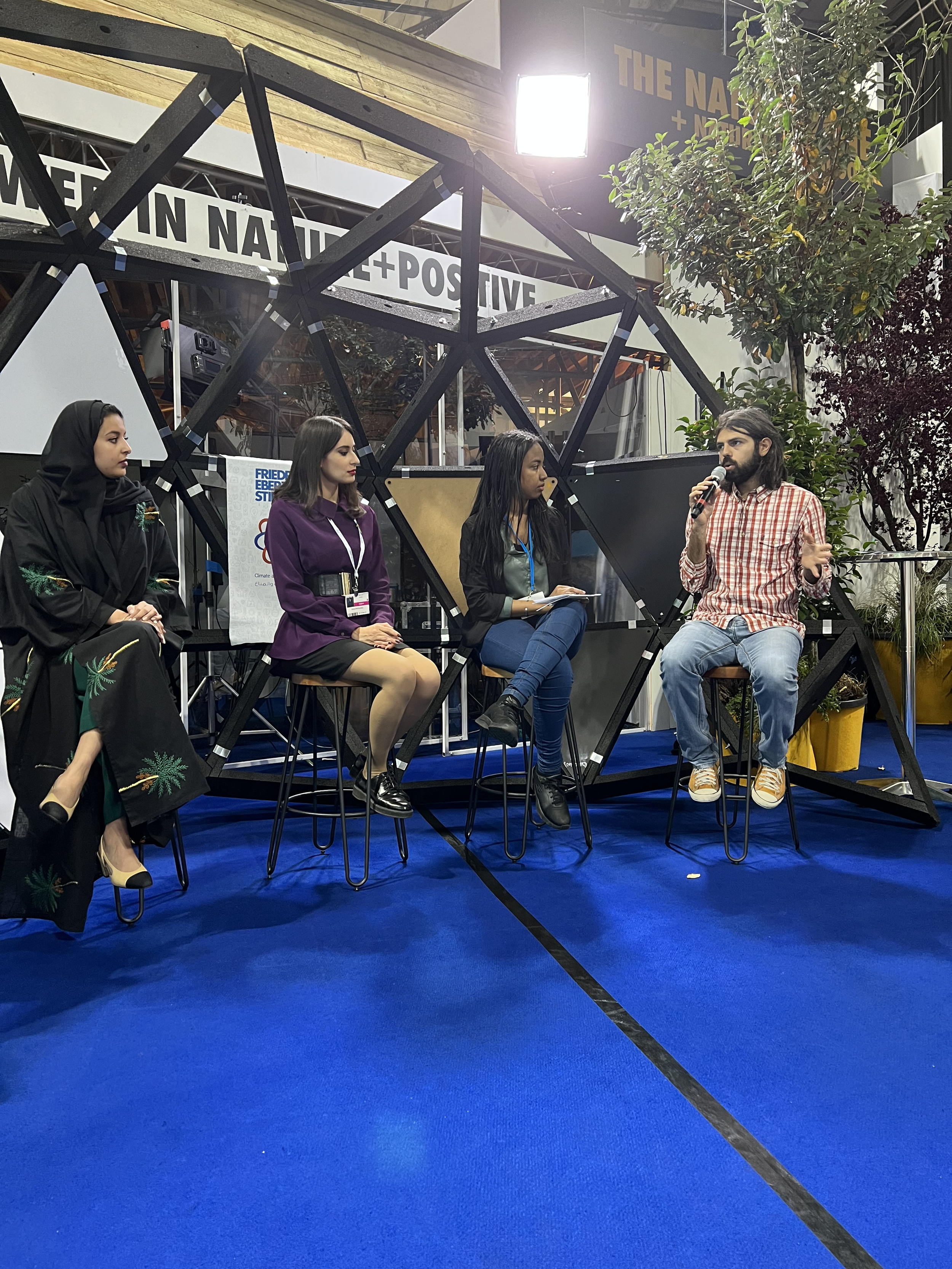













We need to drop fossil fuels asap! But wait? What would happen to the livelihoods and economies that have depended on this for so long? How fast can they adapt to the change? What about those that are importing fossil fuels? Are they responsible as well? Tune in to this episode to hear what Neeshad and Rayan have to say about the supply and demand of fossil fuels and its relation to climate justice in West Asia and beyond.